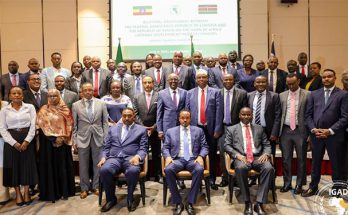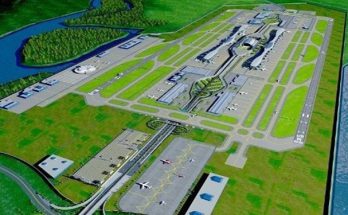 With several pre-planned projects waiting in the wings, the AfDB and IsDB are seeking to boost agriculture, in African nations.
With several pre-planned projects waiting in the wings, the AfDB and IsDB are seeking to boost agriculture, in African nations.
A joint initiative between the African Development Bank (AfDB) and the Islamic Development Bank (IsDB) will support the agriculture value chains and enhance resilience in Nigeria, Somalia and Uganda.
In these three countries, the combined active portfolio of both institutions in agriculture, water and sanitation is worth $1 billion, with several projects in the pipeline to expand their support.
For instance, the Plateau State Potato Value Chain Support Project in Nigeria by the AfDB and the Agro Pastoral Development Project in Kano State by IsDB have both done a fantastic job of promoting higher household incomes through productive agro-pastoral activities.
Discussions are also on-going to scale up several projects, among them, the Strategic Towns Water Supply and Sanitation Project in Uganda, which will be appraised later this year and presented to the AfDB Board of Directors for approval in early 2018.
A concerted effort by the collaboration of AfDB and the IsDB is expected to ramp up the production of agriculture and also have a positive impact on crop and livestock value chains while mitigating and preventing climate changed at the same time.
The investments will develop enabling environmentalists for sustainable, green and inclusive growth.
Khaled Sherif, AfDB Vice-President for Regional Development, Integration and Business Delivery, expressed his delight at seeing a strong partnership developing between the two organizations on many fronts including resource commitments, leverage and speed of delivery.
IsDB Vice President, Mansur Muhtar added: “Indeed, there is much to gain from the collaboration between our organisations. It is here that we can utilise our respective competitive advantages best and maximise the utilisation of available resources.”
According to Muhtar it is best to achieve this outcome by “avoiding duplication and concentrating the stipulated initiatives in support of our member countries in the identified sectors and areas that promise to be most impactful for local populations”.
“We will also expand this partnership throughout the operationalisation of upcoming initiatives by bringing in additional partners, especially the private sector,” Muhtar added.



